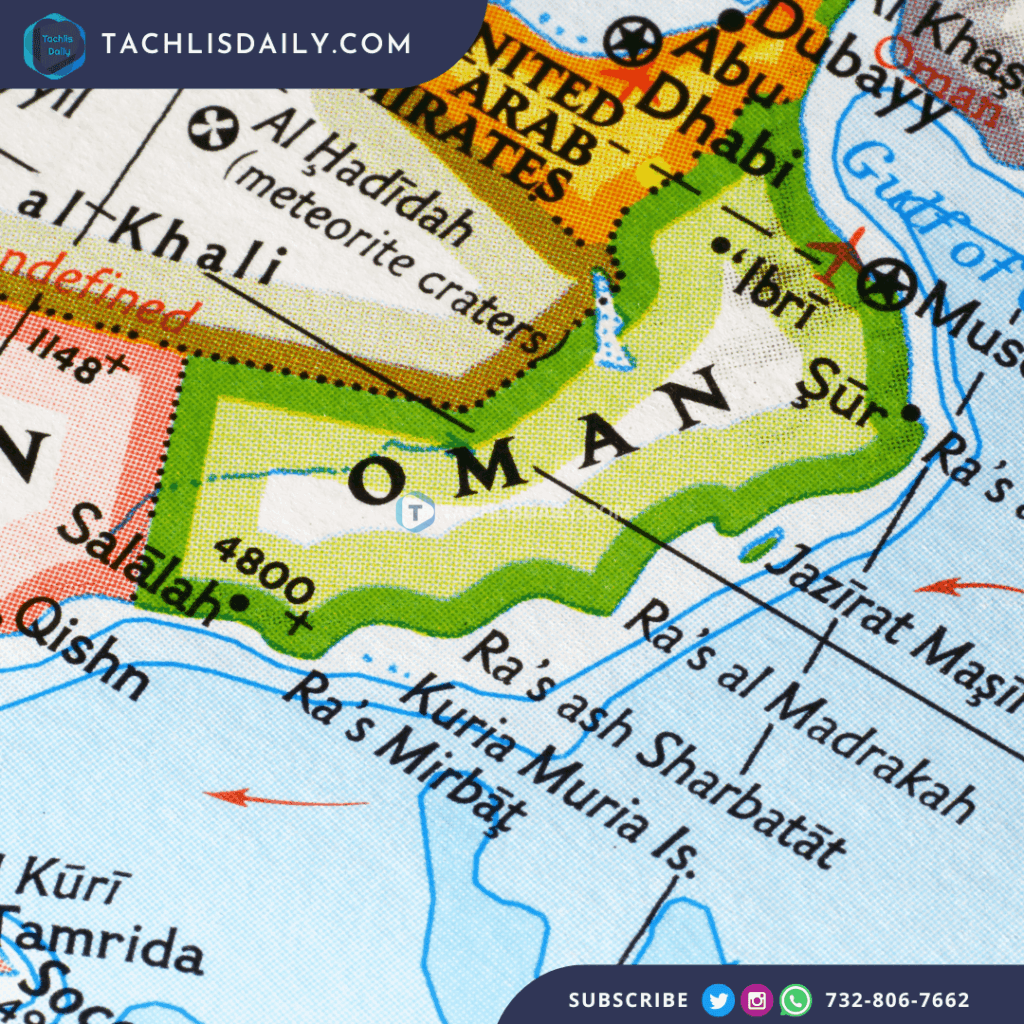President Donald Trump declared an immediate halt to U.S. airstrikes against Yemen’s Houthi militants after Oman successfully mediated a ceasefire between the two sides. The agreement marks a significant de-escalation in a conflict that intensified following the outbreak of war in Gaza in October 2023. According to Omani officials, the ceasefire stipulates that neither the U.S. nor the Houthis will target each other, including a cessation of attacks on U.S. vessels in the Red Sea and Bab al-Mandab Strait—strategic waterways vital to global commerce.
Trump said the Houthis agreed to stop disrupting maritime traffic in the region and requested an end to the bombing campaign. “They said please don’t bomb us any more and we’re not going to attack your ships,” Trump stated. “And I will accept their word.” The decision effectively ends Washington’s most extensive military operation under Trump’s administration, known as Operation Rough Rider, which began on March 15 and resulted in the deaths of hundreds of Houthi fighters and leaders, according to U.S. military reports.
The Houthis had launched repeated missile and drone attacks on shipping routes, citing solidarity with Palestinians during the Israel-Hamas war. Tensions sharply escalated after a Houthi missile landed near Israel’s Ben Gurion Airport, prompting retaliatory Israeli airstrikes on key Houthi targets in Yemen, including the Hodeidah port and Sanaa airport.
The U.S. response under Trump represented a departure from the previous administration’s approach, which focused on limited retaliatory strikes aimed at protecting shipping lanes. Trump’s administration ramped up military pressure after renewed Houthi threats against Israeli-linked vessels. The intensity of the campaign drew criticism from human rights groups, especially after a suspected U.S. airstrike on a Yemeni migrant center reportedly killed 68 people on April 28.












